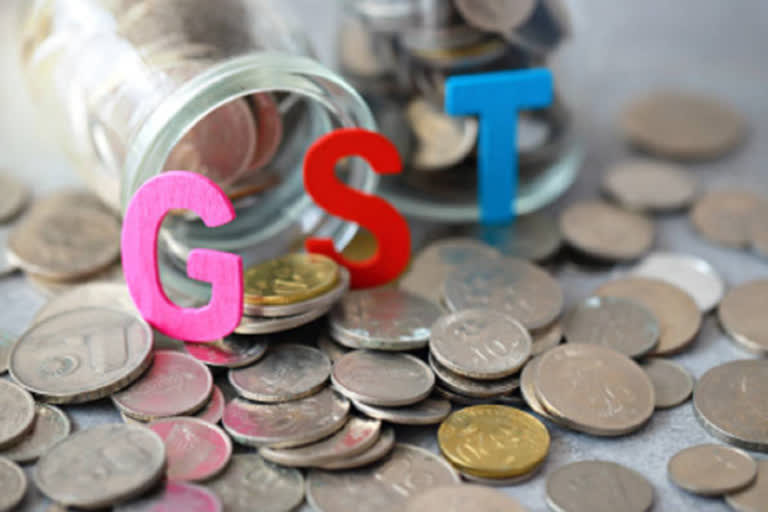Singapore: Goods and Services Tax (GST) regime in India is not likely to reduce the deficits of state governments significantly, amid large and growing expenditure mandates for the social sector as well as capital spending, says a report.
According to S&P Global Ratings the institutional framework for Indian states is evolving, but there is structural deficits due to persistent revenue expenditure mismatch.
S&P Global Ratings credit analyst YeeFarn Phua in the report titled "Public Finance System Overview: Indian States" noted that the passage of the GST bill in 2017 is a major overhaul of tax structure and will help to widen the tax base and improve revenues of state governments.
"However, states will continue to run large deficits because a significant part of this imbalance is from the expenditure side. States are unable to cut expenditures because of large and growing expenditure mandates for the social sector as well as capital spending. Therefore, the revenue-expenditure gap will remain large," said Phua.
Read more:India's oil import dependence jumps to 84%
Further, policy implementation remains sub-par in India, the report noted.
Another significant development in recent years has been the adoption of an amended Fiscal Responsibility Management (FRBM) Act, which forms the fiscal framework, in March 2018, the report noted.
Under the amended FRBM Act, the government will target a debt-to-GDP ratio of 60 per cent with the split being 40:20 for central government and states.
Further, the government will use fiscal deficit as the key operational target, the report said but added that the FRBM committee lacks the authority to mandate its core recommendations.



